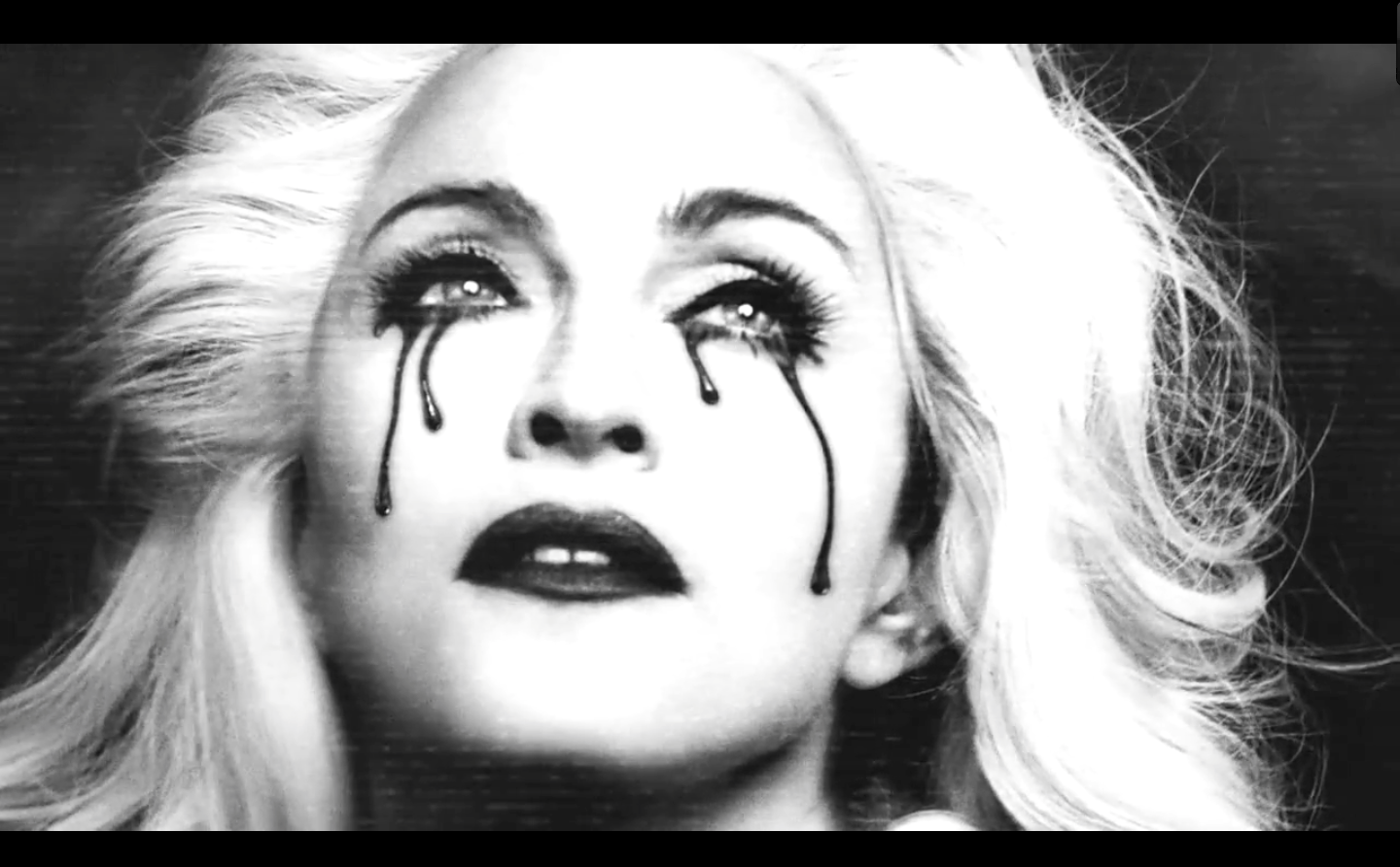Are We Really Going Back to Derry? Revisiting the 1980s Through Stephen King’s It and Its Recent Adaptations
Pubblicato 2020-12-04
Come citare
Abstract
As part of a recent trend in the Hollywood industry, a number of movies and TV series with adolescent characters and set in the 1980s have been produced lately, and Andy Muschietti’s movies It Chapter One (2017) and It Chapter Two (2019), which are based on Stephen King’s novel It (1986), follow the same tendency by evoking a melancholic longing for the 1980s. However, these movies provide mostly a flat and consumerist idea of that period which is based on the constant presence on screen of representative objects of the entertainment industry for adolescents of that time. The article compares Stephen King’s It and Muschietti’s movie adaptations in order to show how, in the movies, such a superficial portrayal of the past not only reduces the complexity and depth of the context as it is described in the novel, but also fails to represent more in general the cultural and political tensions that were part of the 1980s.
Riferimenti bibliografici
- Bartholomew, Robert. 2016. "Clown Panic! Sightings of Mysterious Clowns Rattle Nerves in South Carolina." Skeptic, 21 (4). Accessed 11 November 2020. https://www.skeptic.com/reading_room/south-carolina-clown-panics/
- Boothby, Joe. 2019. "The All-Too-Real Horror behind the Adrian Mellon scene in It: Chapter 2." Medium, September 16. Accessed 11 November 2020. https://medium.com/lunazee/the-all-too-real-horror-behind-the-adrian-mellon-scene-in-it-chapter-2-44562480ea53.
- Bruhn, Jà¸rgen, Anne Gjelsvik and Eirik Frisvold Hanssen (eds.). 2013. Adaptation Studies. New Challenges, New Directions. London: Bloomsbury Academic.
- Burnham, Emily. 2019. "The 1984 Murder of Charlie Howard in Bangor Will Be Dramatized in the"IT' Sequel." Bangor Daily News, September 4. Accessed 11 November 2020. https://bangordailynews.com/2019/09/04/news/bangor/the-1984-murder-of-charlie-howard-in-bangor-will-be-dramatized-in-the-it-sequel/.
- Busch, Caitlin. "The"It' (Movie) Cut the Scariest Monster from the Stephen King Novel." Inverse, July 9, 2017. Accessed 11 November 2020. https://www.inverse.com/ article/36212-it-movie-stephen-king-novel-scary-scene-werewolf.
- Cline, Ernest. 2011. Ready Player One. New York: The Crown Publishing Group.
- D'Alessandro, Anthony. "It Chapter Two' Not Part Of Losers Club: No. 11 In Deadline's Most Valuable Blockbuster Tournament." Deadline, April 20, 2020. Accessed 11 November 2020. https://deadline.com/2020/04/it-chapter-2-movie-profit-stephen-king-1202912121/.
- Dwyer, Michael D. 2015. Back to the Fifties. Nostalgia, Hollywood Film, and Popular Music of the Seventies and Eighties. New York: Oxford University Press.
- Geller, Theresa L. 2019. "Shilling Pennywise. Chump Change in Trump's (Trans) America." In Make America Hate Again. Trump-Era Horror and the Politics of Fear, ed. by Victoria McCollum, 32-53. New York: Routledge.
- Hamilton, Jack. 2019. "It: Chapter Two Adapts a Storyline About Racism Into a Storyline That's Racist." Slate, September 9. Accessed 11 November 2020. https://slate.com/ culture/2019/09/it-chapter-two-movie-vs-book-mike-hanlon.html
- Hutcheon, Linda and Siobhan O'Flynn. 2013. A Theory of Adaptation. Second Edition. London: Routledge.
- Hunt, James. 2019. "IT Chapter Two's Opening Is Too Brutal (& Hurts The Rest Of The Movie)." Screen Rant, September 12. Accessed 11 November 2020. https://screenrant.com/it-chapter-2-movie-opening-violence-bad/.
- Jones, Nate. 2017. "It: Everything That Changed From Cary Fukunaga's Script." Vulture, September 15. Accessed 11 November 2020. https://www.vulture.com/ 2017/09/cary-fukunaga-it-script-what-the-movie-changes.html.
- King, Stephen. 1992. Gerald's Game. New York: Penguin Books.
- King, Stephen. 2017 [1986]. It. New York: Scribner.
- Kutner, Max. 2016. "How"Stranger Things' Captures"80s Panic Over Missing Kids." Newsweek, August 10. Accessed 11 November 2020. https://www.newsweek.com/ stranger-things-missing-children-netflix-488605.
- Leggatt, Matthew. 2017. Cultural and Political Nostalgia in the Age of Terror: The Melancholic Sublime. New York: Routledge.
- Leitch, Thomas. 2007. Film Adaptation and its Discontents: From Gone with the Wind to The Passion of the Christ. Baltimore, MD: John Hopkins University Press.
- Magistrale, Tony. 2010. Stephen King. America's Storyteller. Santa Barbara (CA): Praeger.
- Niemeyer, Katharina, ed. 2014. Media and Nostalgia. Yearning for the Past, Present and Future. New York: Palgrave.
- Radford, Benjamin. 2016. Bad Clowns. Albuquerque: University of New Mexico Press.
- Renfro, Paul. 2020. Stranger Danger. Family Values, Childhood, and the American Carceral State. New York: Oxford University Press.
- Reilly, Kaitlin. 2019. "Did We Need The Hate Crime Scene In It Chapter Two?" Refinery 29, September 6. Accessed 11 November 2020. https://www.refinery29.com/en-us/2019/09/8356473/it-chapter-two-adrian-carnival-scene-based-on-real-hate-crime.
- RudaitytÄ—, Regina, ed. 2018. History, Memory and Nostalgia in Literature and Culture. Newcastle upon Tyne: Cambridge Scholars.
- Sanders, Julie. 2016. Adaptation and Appropriation. New York: Routledge.
- Setoodeh, Ramin. 2015. "Cary Fukunaga Offers New Details on Why"It' Remake Fell Apart." Variety, September 2. Accessed 11 November 2020. https://variety.com/2015/film/news/cary-fukunaga-it-exit-1201584416.
- Slethaug, Gordon E. 2014. Adaptation Theory and Criticism. Postmodern Literature and Cinema in the USA. New York: Bloomsbury.
- Stam, Robert. 2005. Literature through Film. Realism, Magic, and the Art of Adaptation. Malden, MA: Blackwell.
- Vogel, Joseph. 2018. Stranger Things and the '80s. The Complete Retro Guide. London: Cardinal Books.
- Wax, Alyse. 2019. The World of IT. New York: Abrams.
- Wodda, Aimee. 2018. "Stranger Danger!" Journal of Family Strengths 18 (1), 1-33. Accessed 11 November 2020. https://digitalcommons.library.tmc.edu/ jfs/vol18/iss1/3
- Zizza, Assunta Assia. 2014. "Remembering a Thing and Reliving a Thing Does Not Confer an Obligation to Tell About a Thing': Perspectives on Child Abuse in Stephen King's Gerald's Game." Iperstoria 3. Accessed 11 November 2020. https://doi.org/10.13136/2281-4582/2014.i3.694
- Films - TV Series - Videogames
- Back to the Future. Dir. Robert Zemeckis. Universal Pictures, 1985.
- Ben Casey. Prod. James Moser. Bing Crosby Productions, 1961-1966.
- Bumblebee. Dir. Travis Knight. Paramount Pictures, 2018.
- Creature from the Black Lagoon. Dir. Jack Arnold. Universal Pictures, 1954.
- Dig Dug. Id. Shouichi Fukatani. Namco. Namco Galaga, 1982.
- E.T. the Extraterrestrial. Dir. Steven Spielberg. Universal Pictures, 1982.
- Happy Days. Prod. Garry Marshall. CBS Television, 1974-1984.
- I Was a Teenage Werewolf. Dir. Gene Fowler Jr. American International Pictures, 1957.
- It Chapter One. Dir. Andy Muschietti. Warner Bros, 2017.
- It Chapter Two. Dir. Andy Muschietti. Warner Bros, 2019.
- Ready Player One. Dir. Steven Spielberg. Warner Bros, 2018.
- Stephen King's "It". Dir. Tommy Lee Wallace. Warner Bros, 1990.
- Stranger Things. Prod. Duffer Brothers. Netflix Streaming Service, 2016-2020.
- Street Fighter. Capcom. Arcade, 1987.
- The Goonies. Dir. Richard Donner. Warner Bros, 1985.
- The Lost Boys. Dir. Joel Schumacher. Warner Bros, 1987.

